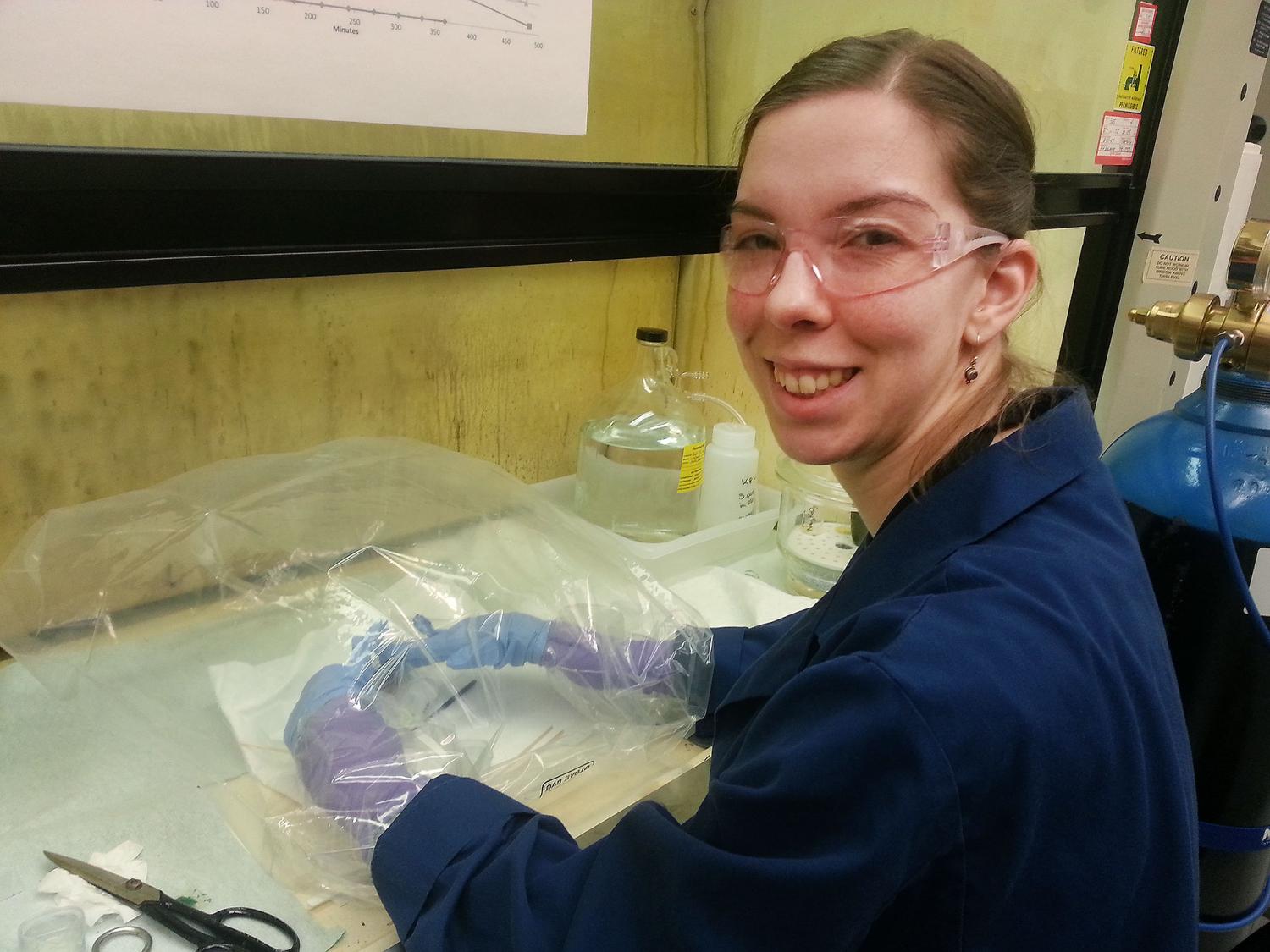With Hanford Site; I would hope and imagine so after all this time.
A Washington State University study of the chemistry of technetium-99 has improved understanding of the challenging nuclear waste and could lead to better cleanup methods.
The work is reported in the journal Inorganic Chemistry. It was led by John McCloy, associate professor in the School of Mechanical and Materials Engineering, and chemistry graduate student Jamie Weaver. Researchers from Pacific Northwest National Laboratory (PNNL), the Office of River Protection and Lawrence Berkeley National Laboratory collaborated.
Technetium-99 is a byproduct of plutonium weapons production and is considered a major U.S. challenge for environmental cleanup. At the Hanford Site nuclear complex in Washington state, there are about 2,000 pounds of the element dispersed within approximately 56 million gallons of nuclear waste in 177 storage tanks.
